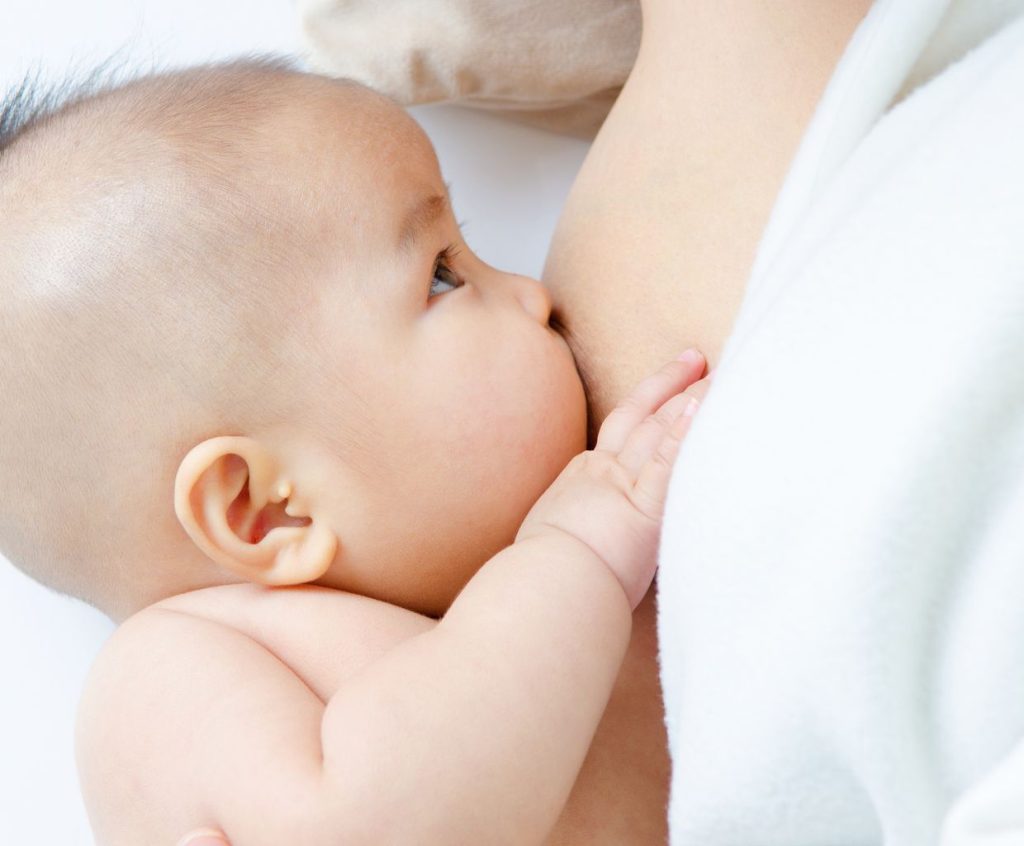How To Solve a Problem With Leaky Breasts
If you are breastfeeding, you may wonder what dampness on your shirt is. It’s not unusual to experience breast leakage when breastfeeding, but it can be confusing if you’re not pregnant, which also can happen.
Almost all breastfeeding moms will experience leaky breasts. This often happens in the first few weeks after birth when your breasts have excess milk. They are too full, and milk will leak out. The good news is that it is not painful, and the problem fixes itself quickly. Here are some answers to common questions about leaking breasts while breastfeeding.
Is it normal to have leaky breasts?
Yes! Breast milk is produced in the breast tissue; sometimes, it can ooze out of the nipple or other openings in your breast ducts. This happens when either too much milk is made (familiar during pregnancy) or there’s a problem with your baby’s latch.
What Can Cause Leaky Breasts?
Even after things have settled into a regular pattern, some women’s breasts will leak when they hear their baby cry or other cues that trigger the let-down reflex. Milk may also leak at night when your baby starts to sleep for longer intervals.
It may also leak during love-making with your spouse and when you start weaning your baby from your breast. In other words, your breast may leak during the many stages of your breastfeeding journey.
How do you treat a leaky breast?
You don’t need to do anything about a leaky breast unless it’s painful or uncomfortable. To stop your breast from leaking, try pressing your nipples firmly for a few seconds (use your fingers or the heel of your hands). Or, cross your arms over your chest and use your forearms to apply pressure on the nipples. This may stop the flow temporarily.
If it is, there are some things you can try:
- Wear nursing pads at home or around people unaware of your leaking problem.
- Try using breast shells—these are special cups that fit over your nipples and catch any leaking milk before it hits your bra.
- You can also try hand-expressing your milk into a container instead of letting it flow freely.
Finally, if none of these things work, talk with your doctor about getting help managing the leaks! They’ll be able to give you suggestions for managing them long-term, too—like using medication or getting surgery if necessary!
- See Nursing Pads And Breast Shells Here
No products found.
Most breastfeeding moms will agree that their breasts don’t always leak, but they know they could leak at any time. Some women bring an extra shirt when they leave the house, just in case of spills.
Does leaking breasts mean a good milk supply?
No! Leaking doesn’t necessarily mean that you have enough milk for your baby—it could also mean that there’s a problem with how much milk is being produced and how effectively it’s getting into the baby’s tummy.
If this happens during the first few days of breastfeeding, it’s usually not a big deal. It may mean your baby is still learning to latch on correctly or get milk from your breasts without letting too much out. If you’re concerned about this, talk with a lactation consultant or other breastfeeding expert for help assessing what’s going on and what might be done about it.
- Read More: My breasts leak milk during foreplay
What does leaking breasts mean when not pregnant?
It means something is wrong with your supply or your baby’s ability to eat at the breast properly. You may need help from a lactation consultant to figure out what’s going on and how to fix it so that you and your baby can feel more comfortable during feedings.

